Post
A catch
Save a catch to start your fishing logbook. You will be able to to share it with the community if yo want!
A fishing trip
Post an ad to go fishing with other fishermen
Save a catch to start your fishing logbook. You will be able to to share it with the community if yo want!
Post an ad to go fishing with other fishermen
Share a thought, a question with the community
My favorite cities
×Join our 177 fishermen and our 2 cofishermen in Craskins in Aberdeenshire. The fishing forecast is currently 4.6. The most caught fishes here are the common carp, the zander fish, the ghost carp and the stone loach. Come try the most famous fishing techniques like the underwater fishing, fishing for pike with soft lure, surfcasting fishing for sea bream or fishing with bombette.
Our fishing forecast of Craskins indicates the best time to go fishing in this city.
The Common Carp
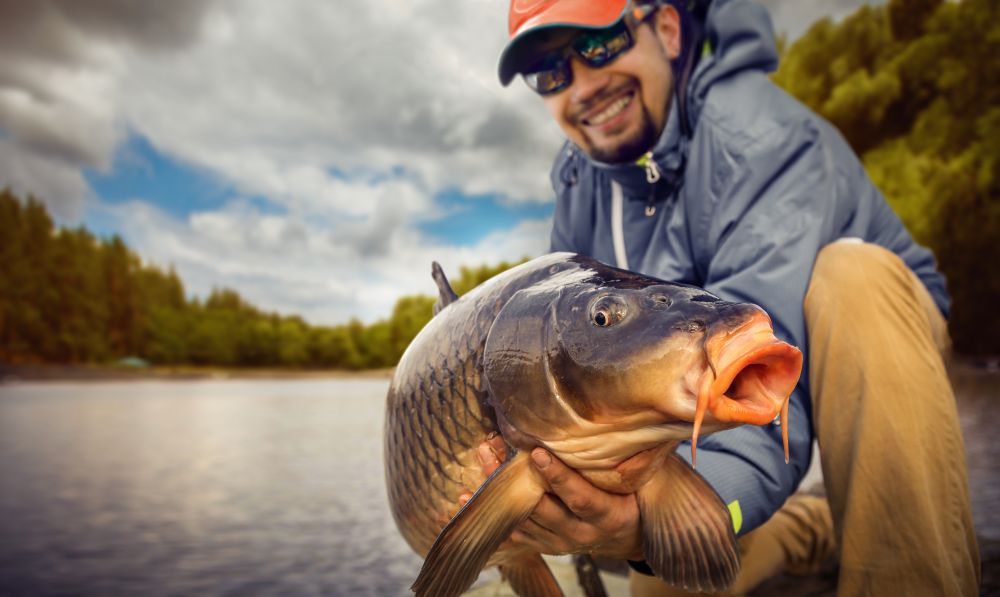
The Common Carp belongs to the Cyprinidae family. Its average size is 40 to 60 cm (up to 1 meter for some specimens) with an average weight of 6 to 8 kilos (up to 37 kilos for some specimens). It can live up to 20 years in the wild. Common carp breed from spring to summer. The female lays 250,000 eggs per kg of weight. Carp can be fished all year round in the 2nd category rivers! It is a massive fish, green in color (except the koi). Its head is conical, its mouth is protractile, it has no teeth but has 2 pairs of barbels. Its growth is fast; it exceeds one kilo in 3 years. The fins are strong and grey, except for the pelvic and anal fins, which are slightly orange.
The Common Carp is a famous fish you can catch in Craskins.The Zander fish
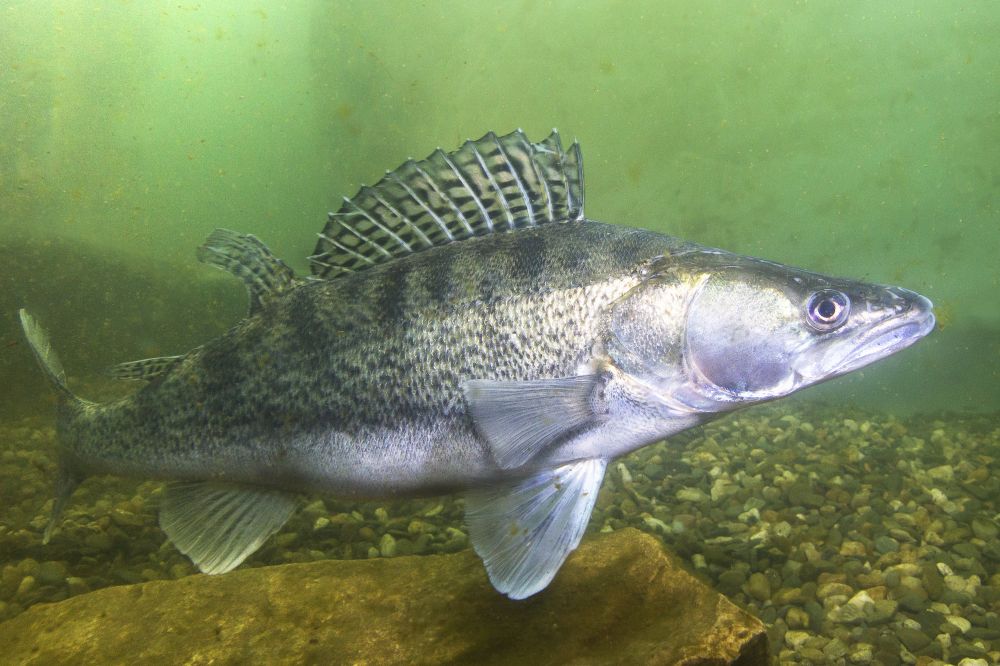
The zander fish belongs to the Percidae family. The Zander is a fish that can reach a length of 100 cm (maximum 130 cm) for a weight of 20 kg and an age of about fifteen years (maximum 20 years). Spawning takes place between April and August. Fertility is high with nearly 200,000 eggs/kg of female. It is caught from May to December. Its body is slender and fusiform. The head is elongated. The back is greenish grey and has slight dark vertical stripes. It has no transverse stripes and the flank is clear. The belly is whitish except in the male during the breeding season when it is darker. No thorns on the gill cover. Its two dorsal fins are separated. The first is spotted and thorny. The caudal fin has 17 soft rays. Its mouth is armed with many teeth and large "canines" that are visible when the animal is motionless due to breathing movements.
The Zander fish is a famous fish you can catch in Craskins.The Ghost Carp
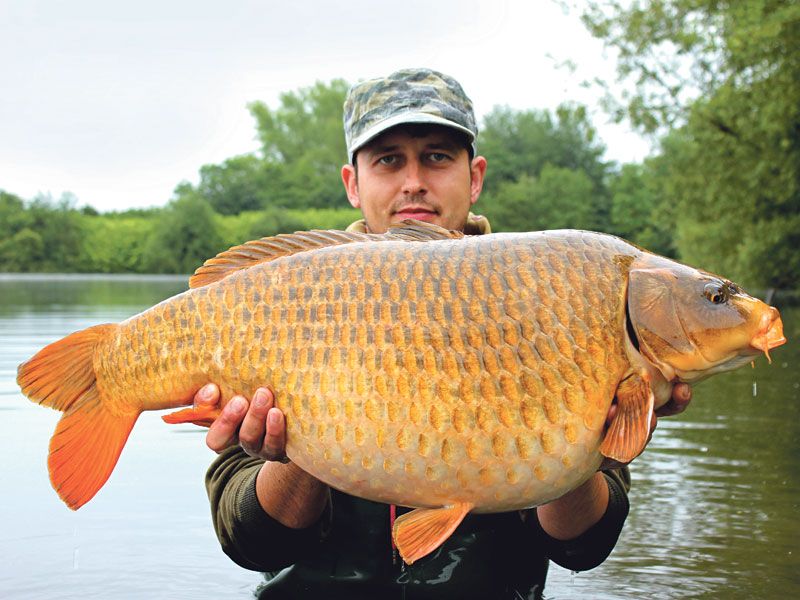
The Ghost Carp belongs to the Cyprinidae Family. With a life expectancy ranging from 40 to 50 years on average, it can reach up to 80 cm long. The breeding period is short, from May to June. The female lays 100,000 eggs per kg of weight. It can be fished all year. From its transition from young to adult fish, many physical characteristics will change. Its scales change color over time, as does its size. Many people tend to confuse a young ghost carp with a goldfish because of its physical appearance and colors. However, the two species are distinguishable: the ghost carp has a flat belly while the goldfish has a more swollen belly. In addition, towards her lips we notice barbells similar to two small moustaches in the ghost carp.
The Ghost Carp is a famous fish you can catch in Craskins.The Stone Loach
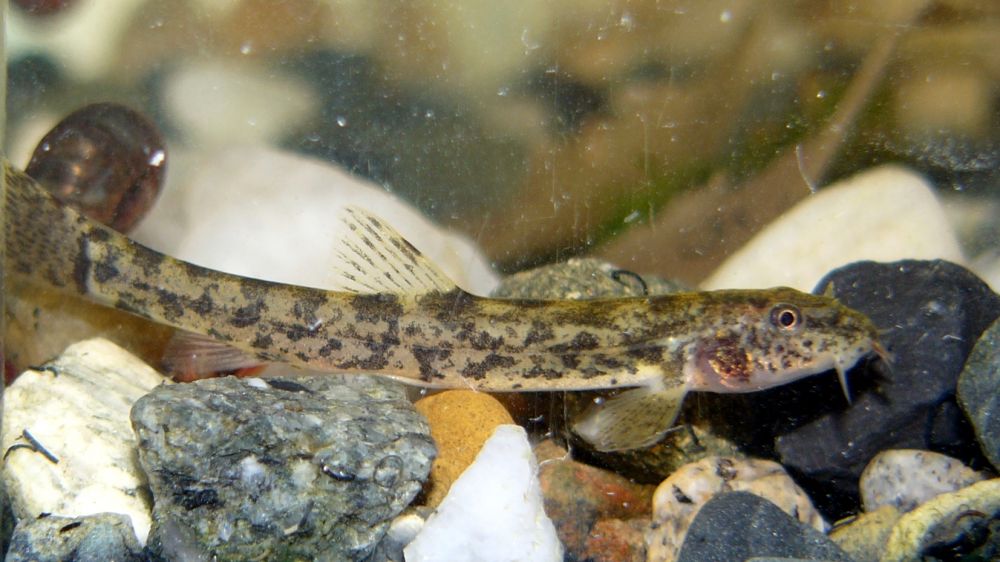
The Stone Loach belongs to the Balitoridae family. The current size of the Stone loach is about 10-12 cm and maximum 20 cm. Its longevity is 5 to 6 years. The breeding period takes place between April and July. Fertility is 50,000 to 80,000 eggs. Fishing is allowed from June to March. The stone loach has an elongated body, subcylindrical in its front part and covered with tiny scales. The head is broad and flattened. The mouth is equipped with three pairs of barbells on the upper lip. She does not have an erectile spine under her eye. The caudal fin is slightly indented, almost straight and punctuated with black. The back is brownish in color, the flanks are yellowish and the belly is clear. A dark band is present at the base of the caudal fin.
The Stone Loach is a famous fish you can catch in Craskins.The Rudd fish
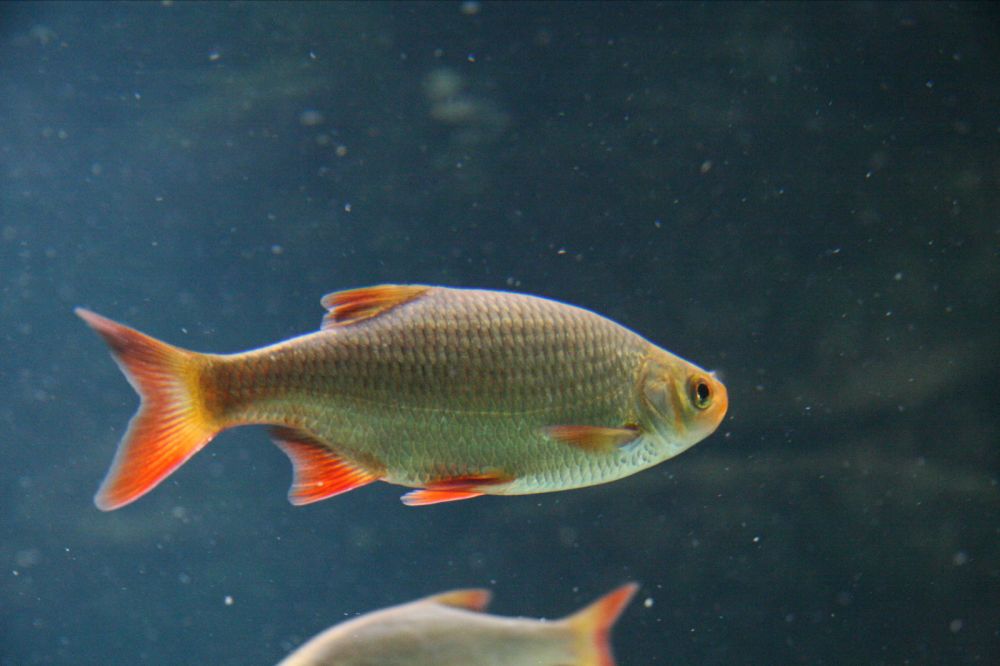
The Rudd fish belongs to the Cyprinidae family. The current size of the rudd fish is 15 to 30 cm for a weight of 0.5 to 1 kg. It can reach nearly 51 cm in height and weigh 2 kg. The rudd fish can live about 17 years. Egg laying is split and takes place from April to June. The female lays 100,000 to 200,000 eggs. Fishing for rudd is allowed all year round. It is easily identifiable by the diver: the silvery appearance of its body. A closer look at the position of the dorsal and ventral fins will then make the difference between the two species. If the ventral fins are placed further forward than the dorsal fin, it is the ratchet. The mouth, small, terminal, opens obliquely upwards. The back of the rattlesnake is brownish green, the sides and belly are silvery. The iris of the eyes is yellow with golden reflections. Dorsal, anal and pelvic fins are bright red in color.
The Rudd fish is a famous fish you can catch in Craskins.Our fishing forecast of Craskins indicates the best time to go fishing in this city.
Our fishing forecast of Craskins indicates the best time to go fishing in this city.
Our fishing forecast of Craskins indicates the best time to go fishing in this city.
